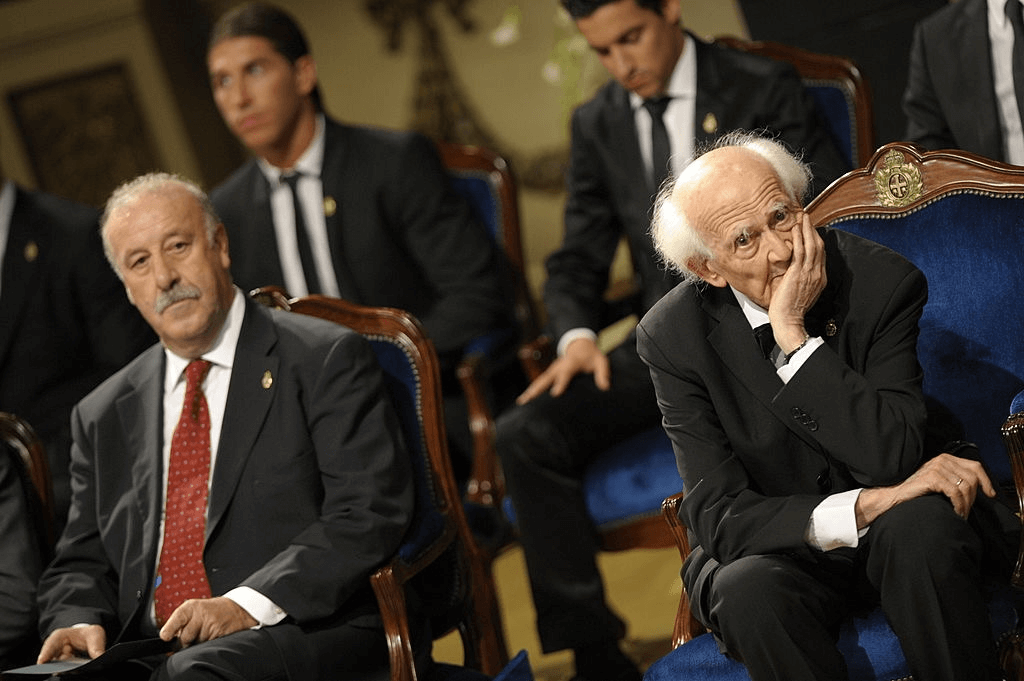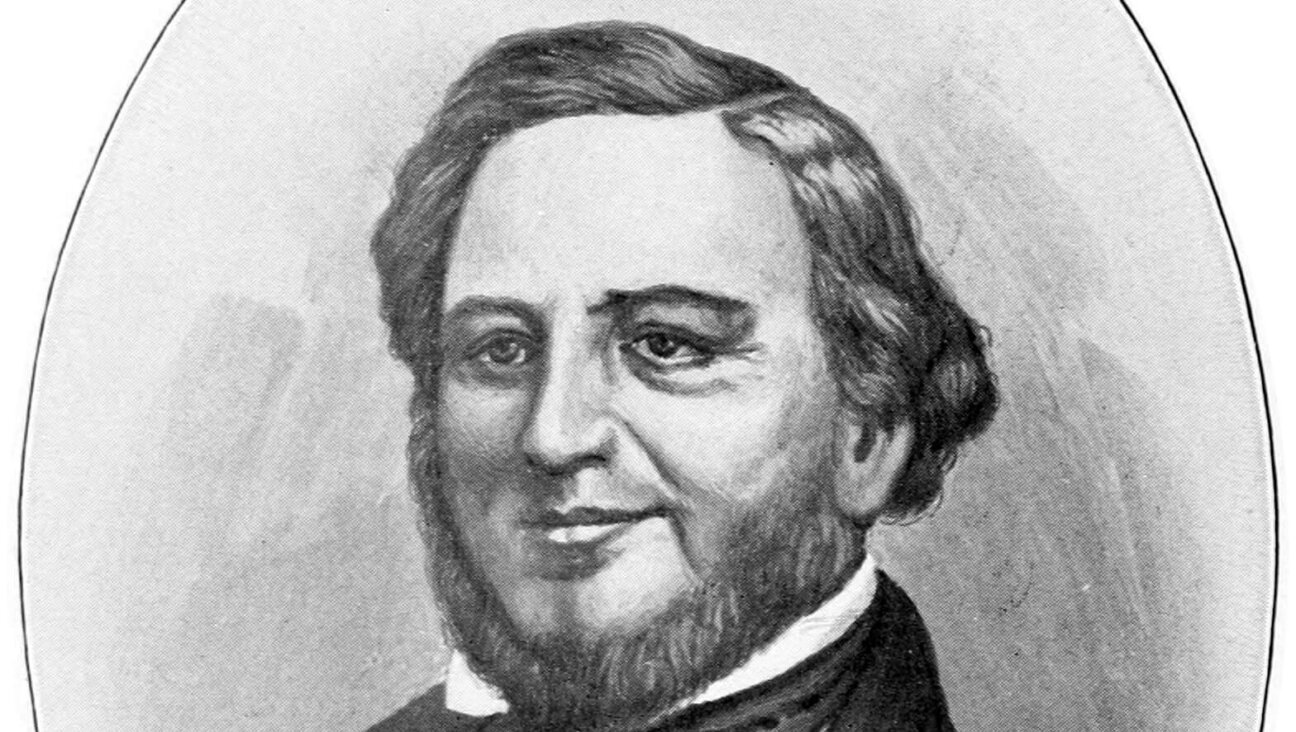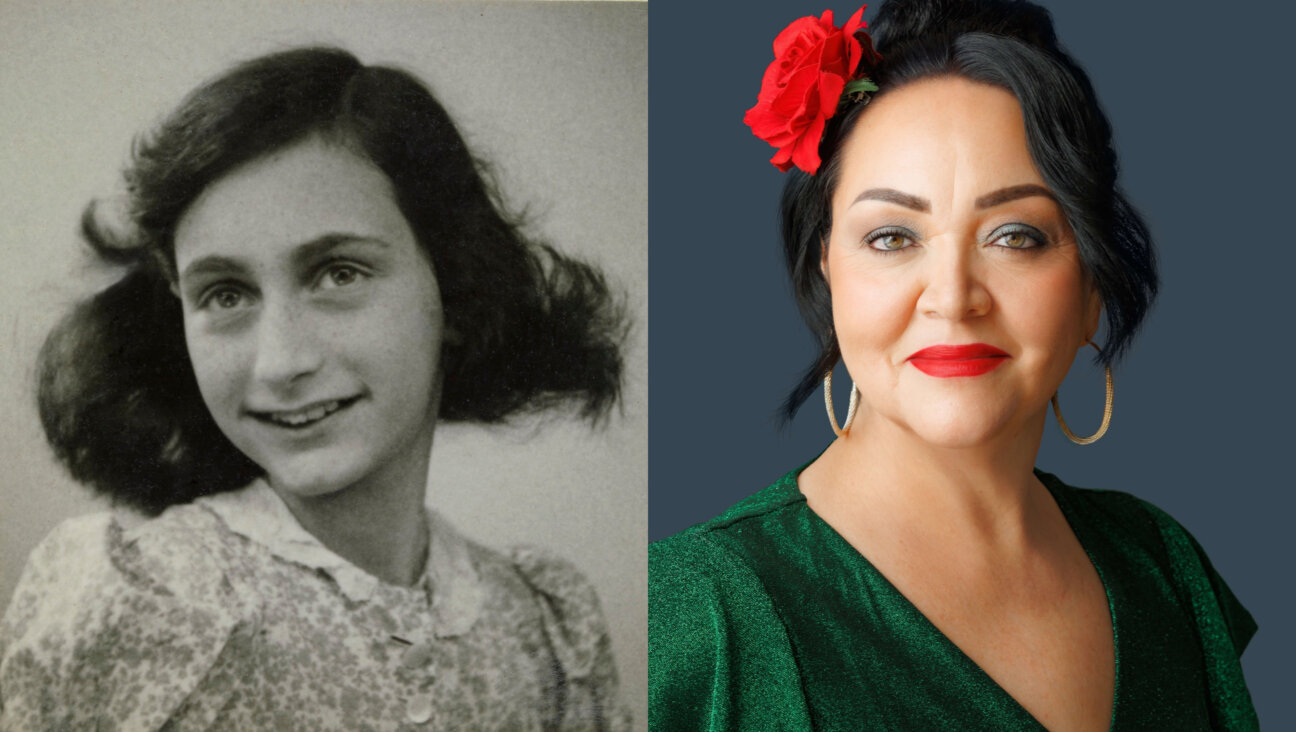Crafting Modern Midrash in the Form of Fiction
Fallen
By David Maine
St. Martin’s Press, 256 pages, $23.95.
* * *|
In this strange time when even ideas about the beginning of the world have become a political battleground, it seems there is no story that so sharply divides as the biblical account of creation. When Arizona Christians lobby to install verses from scripture at the local zoo to explain the origins of life, or when the president of the United States tells reporters that he supports teaching “intelligent design” in science classrooms along with evolution, even the most apathetically irreligious among us cannot deny that Genesis still matters.
Yet never has a story of such consequence been so little understood. Exegetes and theologians have been picking over the text for millennia, of course, but rarely has it received the kind of psychological parsing that today greets even the slightest of primetime dramas.
David Maine’s new novel, “Fallen,” hopes to change that. In his previous book, “The Preservationist,” Maine made a splash by retelling the story of Noah and the flood with a modern sensibility. In his hands the Bible’s characters were not the hazy figures of myth but real men and women contending with the wrath of a real, and really frightening, God.
“Fallen” falls back on this formula. Here, Maine gives the ancient-tale-repackaged treatment to the intergenerational saga of Adam, Eve, Cain and Abel. Leaving questions of their historicity aside, Maine is concerned more with who they are in the realm of fiction than whether or not they lived in the world of fact. With this in mind, and with the plot of his story laid out for all to see in first pages of the most popular book of all time, his primary work is filling in emotional gaps. How must it feel to be exiled from paradise? What inner demons could drive a man to kill his brother?
Maine does a good job of answering the human questions that have been hiding in plain sight in this divine narrative all along. In doing so, he joins a long line of midrashists, rabbis and scholars eager to explain how scripture’s loose ends fit together. The twist here is that Maine does not gloss over the messy dysfunction at the heart of the story. His Adam is a man haunted by his past who cannot help but pass on to his children psychic wounds inflicted by his father — that is, God. Eve is a woman trapped by circumstance, a confident counterpoint to Adam’s waffling nature, the brains to her husband’s brawn. Together they suffer through a world that promises free will but offers few choices. (Meanwhile, Cain and Abel are boys, and then men who only too late come to understand the situation into which they’ve been born — and the base impulses that they have inherited.) The book’s first family, in Maine’s telling, is angry and lost. Compared with the abundance they had in the garden, they are near starvation. Compared with the calm they knew before the fall, they are always on the brink of violence. All of which feels right for the time and place Maine has conjured. They are, after all, pioneers on a primordial frontier.
For all the fresh insights into age-old characters, however, the book is hobbled by an odd narrative choice. Perhaps feeling pressure to make new a story from which so many others have come, Maine has decided to tell it backward. The novel begins with the aftermath of Abel’s murder and then retreats, chapter by chapter, to how this came to be.
At the outset, this approach makes for a compelling character study of Cain as a man roiled by regret. But as time goes by (or, in this case, as it does the opposite), the reverse chronology gimmick results in too many awkward moments to be considered a success. After all, it is to see what happens that most readers keep turning pages. Without this most basic of devices, Maine is forced to create an atmosphere of false suspense. More than once he resorts to having characters refer in a gratingly vague way to something that has happened already. In one instance, Abel interrogates his brother, Cain, about the cause of an argument the latter has had with Adam: “Is it because of — that time?” Abel asks. “When Father found you, you know — and chased you through the woods? You told me what happened, what he called you….”
This would be fine if readers were also in on what happened, but because we are not, and because we must wait several chapters to find out what the characters are talking about, it feels distractingly coy.
Despite this structural misstep, Maine deserves high praise as a crafter of modern midrash. In his retelling, we are reminded that Cain was not just the first murderer, but also the father of the first city. Building on the idea that the founder of civilization was also the original threat to it, Maine suggests that it is precisely those proclivities that damn us that have allowed us to thrive. The stronger son always survives to build cities on the weaker son’s bones.
Whatever one’s thoughts about the origins of humankind, most would agree that this theory is so. The nicest thing one could say about such a process would be to call it evolution, with all the notions of accident and instinct that the word implies. The alternative, that violence has been part of the plan all along, is just too bleak. “Fallen” makes a case that if the beginning of the world truly was the work of an intelligent designer, He’s got some explaining to do.
Peter Manseau’s memoir, “Vows: The Story of a Priest, a Nun, and Their Son,” will be published in October by Free Press.
The Forward is free to read, but it isn’t free to produce

I hope you appreciated this article. Before you go, I’d like to ask you to please support the Forward.
Now more than ever, American Jews need independent news they can trust, with reporting driven by truth, not ideology. We serve you, not any ideological agenda.
At a time when other newsrooms are closing or cutting back, the Forward has removed its paywall and invested additional resources to report on the ground from Israel and around the U.S. on the impact of the war, rising antisemitism and polarized discourse.
This is a great time to support independent Jewish journalism you rely on. Make a Passover gift today!
— Rachel Fishman Feddersen, Publisher and CEO
Most Popular
- 1

Opinion My Jewish moms group ousted me because I work for J Street. Is this what communal life has come to?
- 2
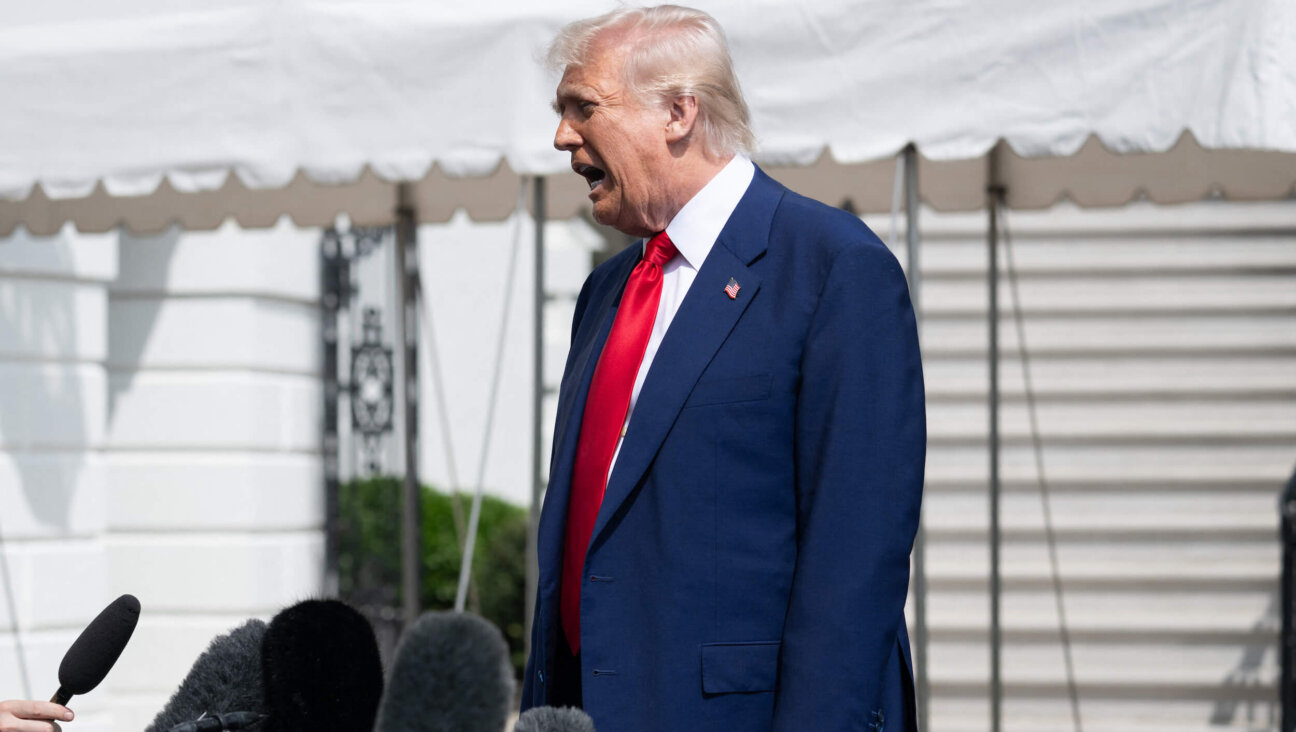
Opinion Trump’s Israel tariffs are a BDS dream come true — can Netanyahu make him rethink them?
- 3

Opinion I co-wrote Biden’s antisemitism strategy. Trump is making the threat worse
- 4

Film & TV How Marlene Dietrich saved me — or maybe my twin sister — and helped inspire me to become a lifelong activist
In Case You Missed It
-
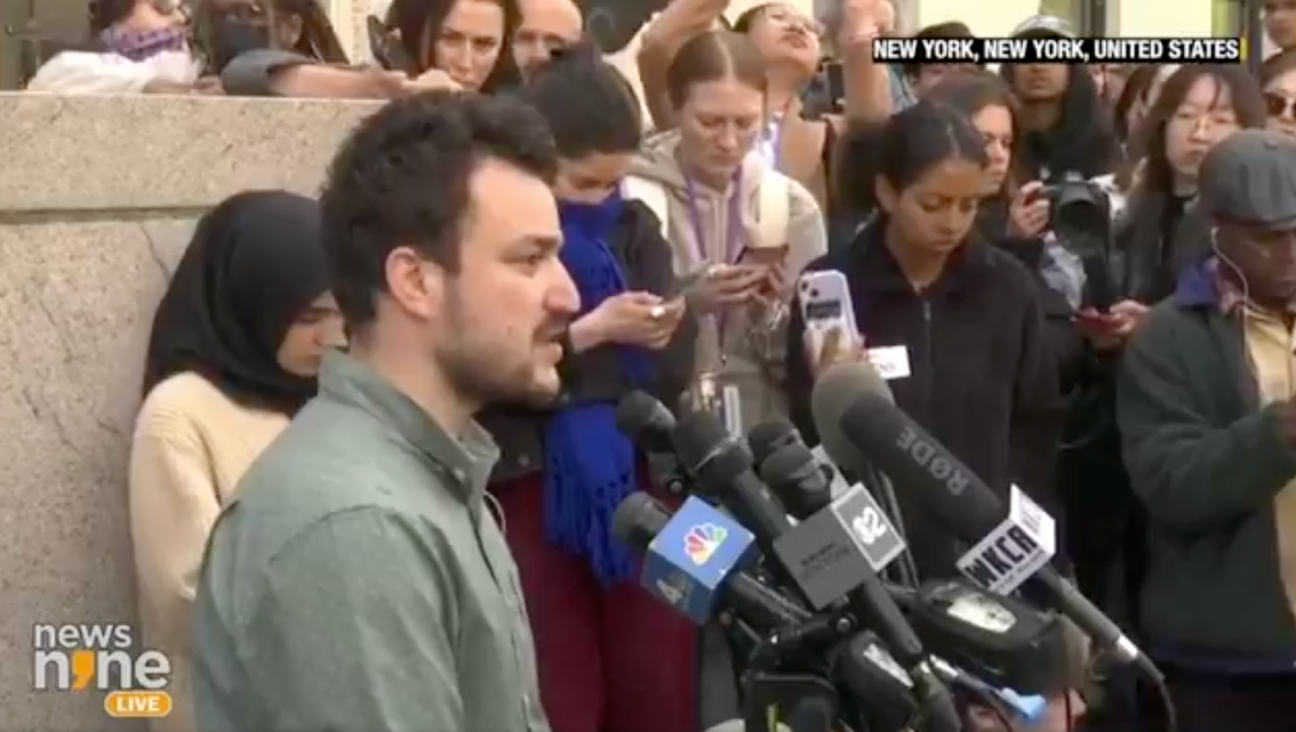
Fast Forward Trump administration can deport Mahmoud Khalil for undermining U.S. foreign policy on antisemitism, judge rules
-

Opinion This Passover, let’s retire the word ‘Zionist’ once and for all
-

Opinion Passover teaches us why Jews should stand with Mahmoud Khalil
-

Culture At a seder by and for trans Jews, guests define liberation for themselves
-
Shop the Forward Store
100% of profits support our journalism
Republish This Story
Please read before republishing
We’re happy to make this story available to republish for free, unless it originated with JTA, Haaretz or another publication (as indicated on the article) and as long as you follow our guidelines.
You must comply with the following:
- Credit the Forward
- Retain our pixel
- Preserve our canonical link in Google search
- Add a noindex tag in Google search
See our full guidelines for more information, and this guide for detail about canonical URLs.
To republish, copy the HTML by clicking on the yellow button to the right; it includes our tracking pixel, all paragraph styles and hyperlinks, the author byline and credit to the Forward. It does not include images; to avoid copyright violations, you must add them manually, following our guidelines. Please email us at [email protected], subject line “republish,” with any questions or to let us know what stories you’re picking up.








